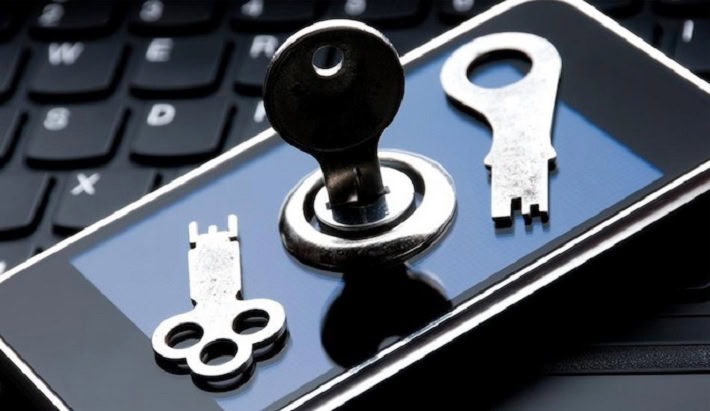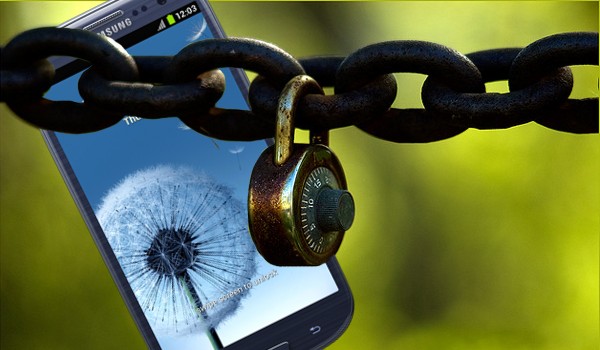Affiliate links on Android Authority may earn us a commission. Learn more.
Carriers in the U.S. are legally obligated to unlock your phone

Do you remember when it was illegal to unlock your cell phone in the United States? Don’t worry, those days are behind us now. Effective immediately, all U.S. carriers must unlock customers’ phones or tablets upon request, with a few small caveats.
Back in 2013, the FCC came to an agreement with carriers that by February 11, 2015, all provisions of said agreement should be met, following the previous three out of six provision requirement that landed May 11, 2014. With the agreement in full effect, your carrier must abide to the following terms:
Postpaid Unlocking Policy. Carriers, upon request, will unlock mobile wireless devices or provide the necessary information to unlock their devices for their customers and former customers in good standing and individual owners of eligible devices after the fulfillment of the applicable postpaid service contract, device financing plan, or payment of applicable early termination fee.
Prepaid Unlocking Policy. Carriers, upon request, will unlock prepaid mobile wireless devices no later than one year after initial activation, consistent with reasonable time, payment or usage requirements.
But wait, there’s more. You will now be able to find unlocking policies on your carrier’s website, they will be getting back to you within 2 business days for unlocking requests, they will even inform you when your device is eligible to be unlocked to take to another carrier, should you so choose.
Best of all, deployed military personnel need not be strapped down, your carrier should unlock your device, almost no questions asked.

Let me say again, however, your carrier must determine that your account is in good standing, you have completed your contract, device payment plan and/or have paid any applicable early termination fees. Failure to meet any of these conditions could result in a refusal to unlock your device, so be careful.
Finally, this new policy does not actually require the carrier to unlock your device for you, but simply to allow your device to be unlocked. They will provide instructions, at the very least, but you may end up having to push the buttons for yourself. I assure you, from my own experience, this can be nerve wracking, especially if they provide you with multiple potential unlock codes, but only limited unlock attempts before it bricks your device.
For all the details, head over to the CTIA Wireless Association’s Consumer Code page.
Do you have a qualifying phone you’ve been dying to take to a new carrier?